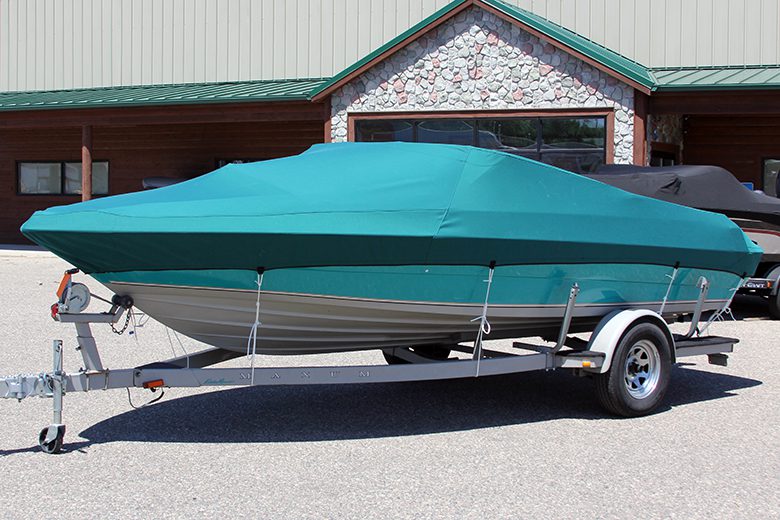Leaving your boat in the water all summer can have its benefits, but it’s important to make sure to properly prepare the boat so that it will remain safe while in the elements. You need to make sure to make necessary repairs to the boat, any parts that are loose or cracked should be replaced. Additionally, any rusty metal parts on the boat should be cleaned and painted with a rust-proof sealant. Additionally, if your boat has a wooden hull, you will want to apply a waterproof sealant or preservative to protect the wood.
It is also important to make sure the boat is properly buoyed with a floatation device, and that the boat is visible from the shore. You will also want to ensure that antifreeze is added to any systems which may be prone to freezing over time. Additionally, if there is an engine or other type of machinery on board, you will want to make sure it is properly maintained as well.
How long can a yacht stay in the water?
A yacht can stay in the water for an indefinite amount of time depending on the condition and maintenance of the yacht. However, if the yacht is in constant motion, regular inspections and maintenance procedures should be conducted every few weeks or months to ensure that the yacht remains in good condition. Corrosive materials can cause damage to the hull and decrease the effectiveness of the yacht over time. When the yacht is not in motion, it should still be inspected and maintained regularly, though less than if the yacht was continuously in motion. Regular maintenance on the engine as well as the exterior of the yacht will keep it healthy and in working order. With the right care, a yacht can last a lifetime.
Pros and Cons of leaving boat in water full time.
The pros of leaving a boat in the water full-time are the ease of access and convenience associated with not having to launch and recover your boat after each use. This can also save time having to drive the boat to and from the water. Additionally, the benefits of being able to leave it in a marina, slip or buoy include added security, protection and the possibility of various amenities such as power, better cell reception, or possibly even entertainment.
The cons of leaving a boat in the water full-time are the potential for accelerated wear and tear associated with the changing tides, waves and currents. This can affect the boat’s hull, engine, and integrity, leading to increased maintenance and repair costs. Additionally, leaving a boat in the water can encourage barnacle growth, as the boat will be static in the same spot. This can affect operation and performance, as well as being more inviting to potential thieves.
Safety Tips Before You Launch Your Boat On The Water
- Familiarize yourself with the weather conditions and the area before you set out.
- Wear a life jacket and/or personal flotation device when boating.
- Make sure you have a way to communicate, such as a marine radio or cell phone.
- Have a fire extinguisher and first aid kit on board at all times.
- Check boat lights and wiring for broken or faulty systems.
- Stow away all loose items such as tackle boxes and coolers, and tie down items that will not fit inside the boat.
- Check your fuel supplies and engine for signs of trouble.
- Avoid waterways during bad weather.
- Check the body and engine of your boat before launching to ensure no damage.
- Keep an eye out for debris and other boats in the water.
- Have an emergency plan in place, and share it with your passengers.
- Carry extra paddles and floor mats with you in case of an emergency.
- Be aware of the depth of the water and any submerged objects such as rocks or sandbars.
- Refrain from drinking and boating.
- Have towing assistance contact info.
Regularly monitoring your surroundings, checking your boat’s equipment and safety features, and following responsible boating guidelines will help ensure a safe and enjoyable day out on the water.
Can You Leave A Boat In Water During Winter
Leaving a boat in water during the winter months can be a gamble. A boat left in water during winter can easily be damaged from the cold, ice and other elements. If the boat is constantly exposed to wind and snow, the elements can wear away the outer layers of the hull, leading to rot and corrosion. The cold can also take its toll on the engine, causing it to freeze and break down. If the boat is small enough or in a protected spot, you may be able to get away with leaving it in the water, but it is important to take all the necessary precautions to preserve the boat’s longevity. Thoroughly flushing fresh water through the engine, running antifreeze through it, and properly storing any electronics and electrical components in a dry environment are essential measures to consider. Additionally, using winterizing products, such as shrink wraps, to protect the boat’s exterior and any furniture it may contain is also highly recommended. Following these guidelines may help ensure your boat is still good to go in the spring!
Related posts:
Why does my boat Motor not go past 4000 RPM?
Why will my boat only go 15mph?
Leaving your boat in the water all summer. – Conclusion
Finally, you should check the hull and any exposed electronics periodically throughout the summer season for signs of wear and tear, and if any parts or components need to be replaced. Taking these precautions will ensure that your boat will remain intact and in good condition when it is time to take it out of the water.



